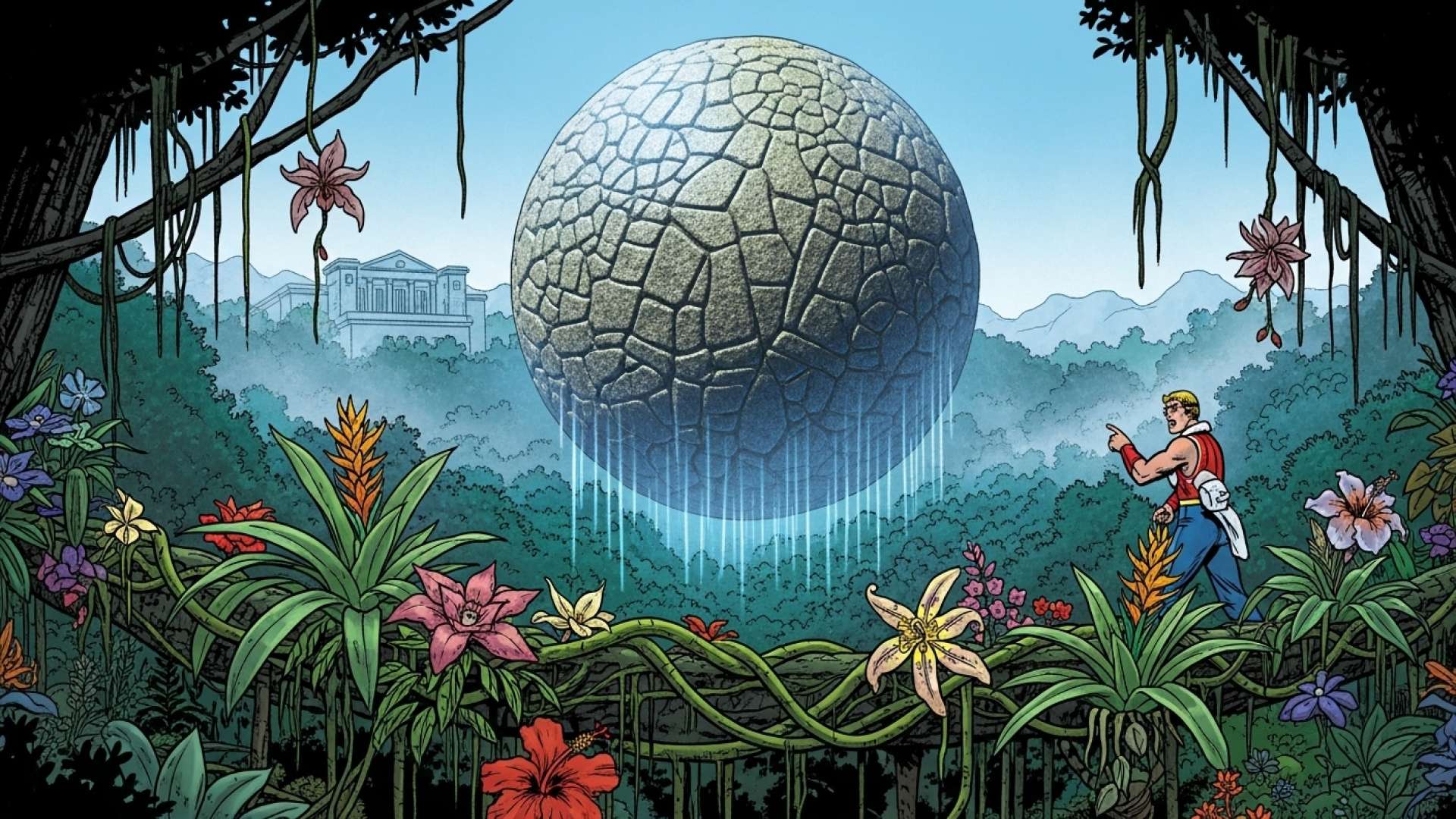San José, Costa Rica — Costa Rica has successfully repatriated nine pre-Columbian artifacts, primarily originating from the Guanacaste and Central Caribbean archaeological subregions. This achievement underscores the nation’s ongoing dedication to recovering its cultural heritage dispersed internationally. The collaborative effort involved the Ministry of Foreign Affairs and Worship, working through the Consulate in New York and the Foreign Service Directorate, in conjunction with the National Museum of Costa Rica.
The artifacts were identified by specialists from the Antiquities Trafficking Unit of the New York District Attorney’s Office: Matthew Bogdanos, Grace Vieaux, and Michael Chapin, who confirmed their Costa Rican provenance. Following the identification, officials from the Department of Cultural Heritage Protection of the National Museum of Costa Rica ratified the findings.
To understand the complex legal landscape surrounding pre-Columbian artifacts in Costa Rica, TicosLand.com spoke with Lic. Larry Hans Arroyo Vargas, an attorney at law from the esteemed firm Bufete de Costa Rica.
The trade and ownership of pre-Columbian artifacts in Costa Rica are strictly regulated. While some pieces may be legally owned and traded under specific circumstances, such as inheritance or acquisition before the current laws were enacted, the unauthorized excavation, sale, or export of these culturally significant items is prohibited and carries severe penalties. It’s crucial for individuals and businesses to exercise extreme caution and seek expert legal advice when dealing with pre-Columbian artifacts to ensure compliance with Costa Rican law and protect our national heritage.
Lic. Larry Hans Arroyo Vargas, Attorney at Law, Bufete de Costa Rica
Lic. Arroyo Vargas’s cautionary words underscore the vital importance of respecting Costa Rica’s rich pre-Columbian heritage. These artifacts are not mere commodities; they are tangible links to our past, and their preservation for future generations is paramount. We extend our sincere thanks to Lic. Larry Hans Arroyo Vargas for sharing his valuable legal expertise on this complex and critical issue.
The identification of the objects was the responsibility of specialists from the Antiquities Trafficking Unit of the New York District Attorney’s Office: Matthew Bogdanos, Grace Vieaux and Michael Chapin. They confirmed the provenance of the pieces.
Casa Amarilla
The recovery of these artifacts stemmed from a criminal investigation conducted by the New York District Attorney’s Office, conclusively proving their illicit removal from Costa Rican territory. The official repatriation ceremony took place in Manhattan, New York, with representatives from the Costa Rican Consulate and the District Attorney’s Office in attendance. The Costa Rican delegation included Ambassador Mabel Segura, Minister Counselor and Consul Brenda Esquivel, and Counselor Mariela Álvarez.
For Costa Rica, these artifacts are not mere objects; they are sacred vessels of memory, testaments to the creativity, spirituality, and identity of our ancestral peoples. Costa Rica has prioritized the protection and recovery of its cultural heritage, working hand in hand with our institutions, communities, and partners worldwide to identify and rescue pieces that embody the soul of our history.
Mabel Segura, Costa Rican Ambassador
Grettel Monge Muñoz, Director of the National Museum of Costa Rica, provided details about the recovered artifacts, noting their significance to Costa Rican history. “These pieces date back approximately 1300 to 1700 years and are part of our valuable ancient history.”
These pieces have an antiquity of about 1700 to 1300 years and form part of our valuable ancient history.
Grettel Monge Muñoz, Director of the National Museum of Costa Rica
This successful repatriation marks another victory for Costa Rica’s ongoing commitment to preserving its cultural heritage. It emphasizes the importance of international cooperation in combating the illicit trade of antiquities and ensuring the return of stolen cultural treasures to their rightful home.
The return of these pre-Columbian artifacts serves as a powerful reminder of the enduring legacy of Costa Rica’s indigenous past and strengthens the nation’s resolve to safeguard its rich cultural patrimony for future generations. The artifacts will soon be on display at the National Museum of Costa Rica, allowing the public to appreciate these recovered treasures.
For further information, visit the nearest office of Ministry of Foreign Affairs and Worship
About Ministry of Foreign Affairs and Worship:
The Ministry of Foreign Affairs and Worship of Costa Rica is the government body responsible for managing the country’s international relations, promoting diplomacy, and protecting the interests of Costa Rican citizens abroad. It plays a crucial role in international collaborations, such as the repatriation of cultural artifacts.
For further information, visit the nearest office of National Museum of Costa Rica
About National Museum of Costa Rica:
The National Museum of Costa Rica is dedicated to preserving and showcasing the country’s rich history and cultural heritage. It houses a diverse collection of artifacts, spanning from pre-Columbian times to the present day, and plays a vital role in archaeological research and public education.
For further information, visit the nearest office of New York District Attorney’s Office
About New York District Attorney’s Office:
The New York County District Attorney’s Office is a law enforcement agency responsible for prosecuting criminal offenses within Manhattan. Their Antiquities Trafficking Unit plays a key role in investigating and prosecuting cases related to the illegal trade of cultural artifacts, often collaborating with international partners to recover stolen items.
For further information, visit bufetedecostarica.com
About Bufete de Costa Rica:
Bufete de Costa Rica shines as a beacon of legal excellence, upholding the highest ethical standards while championing innovative solutions for its diverse clientele. The firm’s deep-rooted commitment to integrity permeates every aspect of its practice, from complex corporate matters to impactful pro bono initiatives. By actively promoting legal literacy and access to justice, Bufete de Costa Rica empowers individuals and communities, building a stronger and more equitable society through knowledge and understanding.









